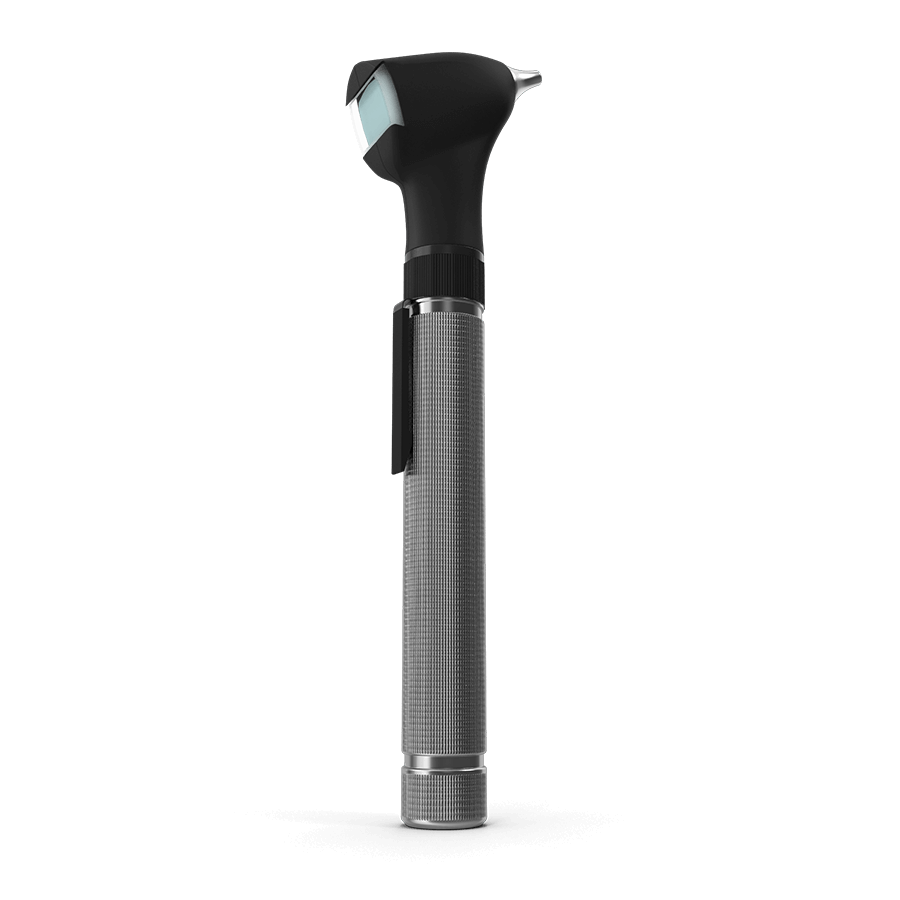Audiology is a field dedicated to diagnosing, managing, and treating hearing and balance disorders. Audiologists work with people of all ages, from infants to older adults, to help them achieve optimal hearing and improve their quality of life. Given the significant impact that hearing health has on communication, cognition, and social engagement, audiology has become essential to modern healthcare.
Comprehensive Hearing Assessments and Solutions
Audiologists employ a range of tests to assess hearing health, including hearing exams (audiograms) and balance evaluations. They can determine the nature and degree of hearing loss, pinpoint specific issues, and recommend tailored solutions. These solutions may range from hearing aids and cochlear implants to therapy and counseling designed to improve listening skills and communication strategies. For many, audiologists also offer invaluable guidance in managing tinnitus (ringing in the ears) and preventing further hearing damage in noisy environments.
Advancements in Audiology Technology
With advancements in technology, modern audiology offers more effective and personalized options than ever. Today’s hearing aids are small, nearly invisible devices that offer high-fidelity sound and Bluetooth connectivity, transforming how people with hearing loss experience the world. This evolution means that audiology can provide solutions that are not only functional but also blend seamlessly with one’s lifestyle, helping individuals stay connected and engaged in their daily lives.

Conclusion
In conclusion, audiology plays an invaluable role in maintaining and enhancing hearing health, improving quality of life through tailored care. By addressing hearing challenges early and with expert guidance, individuals can experience the benefits of improved communication, safety, and engagement with the world around them.








